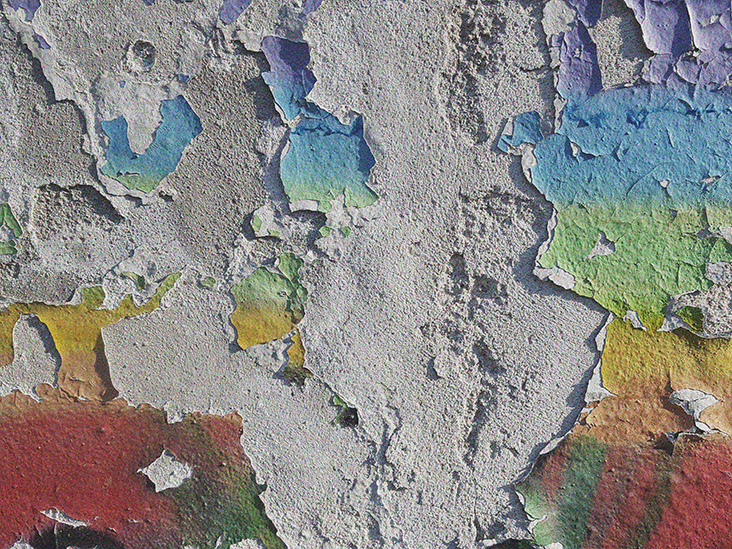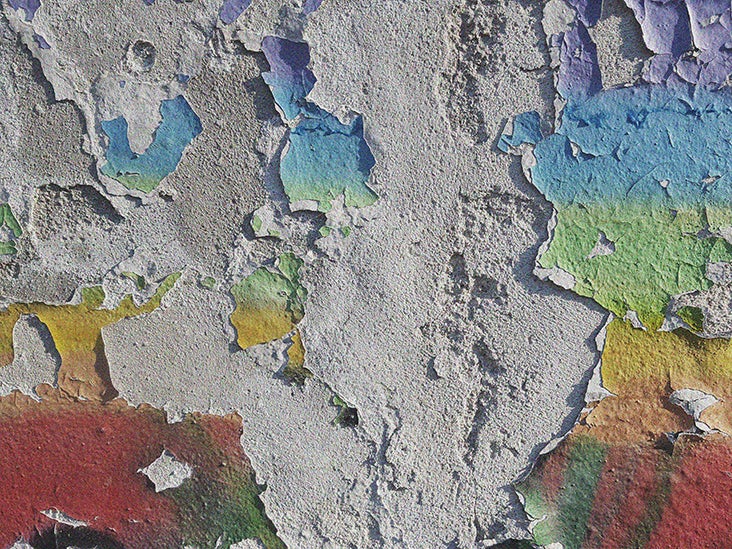

Biphobia, or monosexism, refers to the belief that monosexuality is superior. Monosexuality refers to the sexual and romantic attraction to only one gender.
The prevalence of this belief can have an impact on the mental, physical, and sexual health of people who are bisexual.
In this article, we will be replacing the term “biphobia” with “monosexism.” This is because “biphobia” places an emphasis on the irrational fears of an individual as opposed to the systems in place that affect a person’s health.
This article will discuss what monosexism is and how it can impact a person who is bisexual. It will also look at where a person can find support.
Monosexism refers to when people who are bisexual experience stigma, prejudice, and discrimination because of their sexual orientation.
The LGBTQIA Resource Center state that people who identify as bisexual typically have sexual and romantic attractions toward people of the same and other genders. Some people may use the terms bisexual and pansexual interchangeably, though some consider them to be different.
A person has a monosexist attitude when they believe that every relationship should be opposite-sex. In other words, they believe that men should only ever have romantic and sexual relationships with women.
People can also experience monosexism from within LGBTQIA+ communities. Some people within these communities may believe that people can only have romantic or sexual relationships with one gender. They may also believe that it is not possible for a person to be attracted to two or more genders.
Examples of monosexism
Some examples of monosexism include:
- saying that all people experience same- or opposite-sex attraction but never both
- saying that everyone is bisexual, as this invalidates the experiences of those who truly are bisexual
- telling people who are bisexual that they have straight privilege, as members of bisexual communities can experience discrimination from both straight and LGBTQIA+ communities
- saying that bisexual people are “greedy” or promiscuous, which insinuates that bisexuality is not a legitimate sexual orientation
- asking a person who is bisexual if they will ultimately settle on relationships with men or women, as this insinuates that everyone will eventually be either gay or straight
Internalized monosexism means that a person who is bisexual has internalized these negative ideas about their sexual identity.
Some examples of internalized monosexism
- their sexual orientation is a phase and that they will eventually become either gay or straight
- people with their sexual orientation are sexually promiscuous
- people with their sexual orientation are incapable of maintaining monogamous relationships or are more likely to cheat on their monogamous partner
Discrimination toward those who are bisexual can cause barriers when trying to access health services. This can affect people’s mental, physical, and sexual health.
One
- sexually transmitted infections (STIs)
- sex without protection
- cervical cancer
- breast cancer
- obesity
- substance use
- mental health conditions
- bullying
The review states that this may, in part, be due to poor access to healthcare and discriminatory practices from healthcare professionals.
The review looked at studies worldwide and found that people in LGBTQIA+ communities experience misconduct, restrictions, prejudice, and verbal abuse from professionals in health facilities.
Some people in LGBTQIA+ communities do not seek help from healthcare professionals due to a fear of this discrimination.
This can lead to people hiding their sexual orientation to avoid experiencing these types of discrimination. However, healthcare professionals who treat their patients as though they are heterosexual do not always meet the needs of people in LGBTQIA communities.
Experiencing monosexism can also affect a person’s mental health.
For example, one
The researchers found that people who are bisexual are more likely to experience anxiety and depression. In addition, they are also more likely to consider suicide.
Another study found that women who are bisexual may experience more social stress. This may be due to the double discrimination of both heterosexism and monosexism from the heterosexual and the gay and lesbian communities.
Heterosexism is another term for “homophobia.” This refers to the assumption or belief that everyone should be heterosexual.
This stress can result in a greater risk of mental health conditions, such as eating disorders, self-harm, depression, and anxiety.
People who are bisexual have a higher risk of several conditions than people who have an attraction to one gender.
Substance use
People who are bisexual may be more likely to develop substance use disorders than those who are monosexual.
Additionally, bisexual women are also more likely to report binge drinking than women who are straight or lesbian. The literature review also notes that bisexual men are more likely to report binge drinking than gay men.
Sexual health
Most sexual health studies focus on HIV among men who are bisexual or gay.
Although rates of HIV are typically higher among gay men, the
- having sex at a younger age
- having more sexual partners
- not using a condom as often as they should
- using substances before having sex
There have been fewer studies into the sexual health of women who are bisexual.
There is some evidence to suggest that African American women who identify as bisexual are twice as likely to have genital herpes than African American women who identify as straight.
There is also evidence to suggest that compared with women who identify as straight or lesbian, bisexual women are more likely to have a higher rate of STIs and teenage pregnancy.
There are several ways that people can be an ally. These include the following:
- correctly referring to a person as bisexual and not using the terms “straight,” “lesbian,” or “gay” when referring to them
- correctly referring to a person as bisexual regardless of the gender of their partner, as a bisexual person does not become straight, gay, or lesbian because of their partner’s gender
- understanding that bisexuality is not a phase and that those who identify as bisexual are not confused, indecisive, or lying
- understanding that bisexuality does not make a person promiscuous or make it more likely that they will cheat on their partner
- using the correct term to refer to a person who is part of a bisexual community, as some may prefer to identify as pansexual, omnisexual, or otherwise
Monosexism refers to discrimination and oppression from others due to a person’s attraction to two or more genders.
People can experience monosexism from both straight and LGBTQIA+ communities.
Monosexism can have an impact on people’s mental, physical, and sexual health, and it can affect a person’s ability to receive appropriate healthcare.